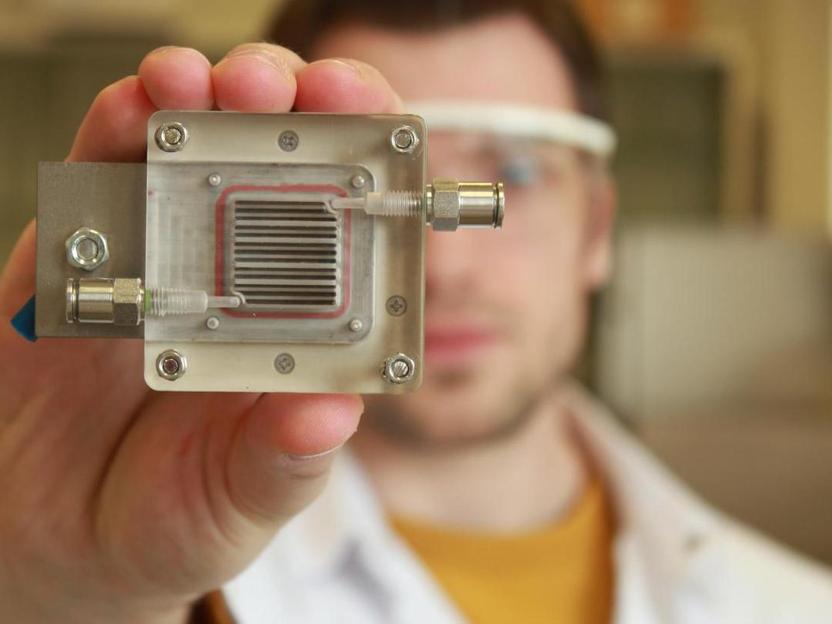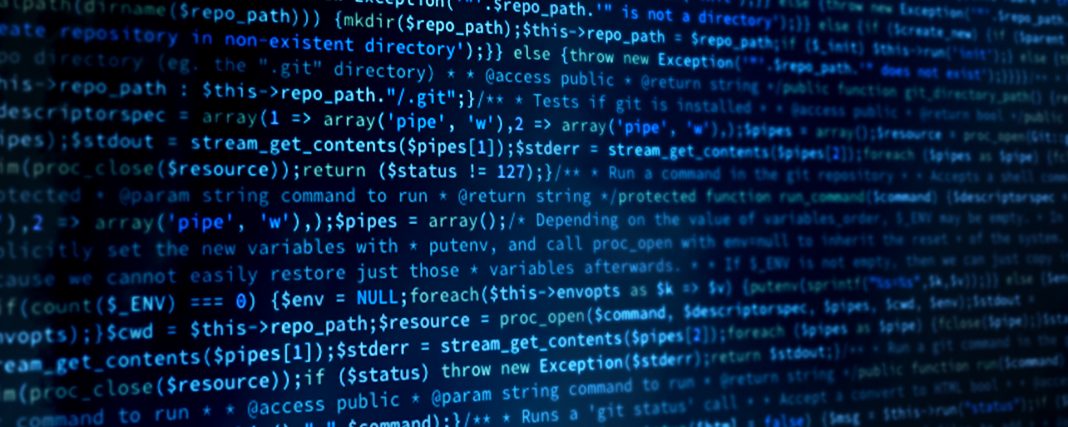A new device has been developed by researchers over in Belgium that could have a massive impact for ongoing pollution problems in underdeveloped areas. The device itself runs on light and cleans the air while storing hydrogen in fuel cells to be used at a later date. Professor Sammy Verbruggen of the University of Antwerp and KU Leuven advised recently, “We use a small device with two rooms separated by a membrane. Air is purified on one side, while on the other side hydrogen gas is produced from a part of the degradation products. The hydrogen gas can be stored and used later as fuel as is already being done in some hydrogen buses, for example.”
Where the membranes have been used in the past to extract hydrogen from water, the researchers discovered it’s actually really efficient to use on polluted air. The device works similar to that of solar panels although it doesn’t directly generate the electricity. “We are currently working on a scale of only a few square centimeters. At a later stage, we would like to scale up our technology to make the process industrially applicable. We are also working on improving our materials so we can use sunlight more efficiently to trigger the reactions,” Verbruggen said. “The idea is that we’re trying to develop technology that copes with polluted air – so you can clean your air and provide a clean living environment – while at the same time producing an alternative source of energy. But this is just the first proof of concept” he added.
In areas which are still underdeveloped, this device could literally be a lifesaver where pollution problems can get tackled once and for all. Of the 5.5 million people per year that die prematurely due to air pollution, over 50 percent of those are from China and India. As well as specific countries the device could also be used to target industries too. “For instance, if you go to the textile industry, I can imagine they have to deal with some very big waste streams,” says Verbruggen. “If you can use [this] to purify waste gasses, then the industry can always meet environmental regulations.”
More News to Read











